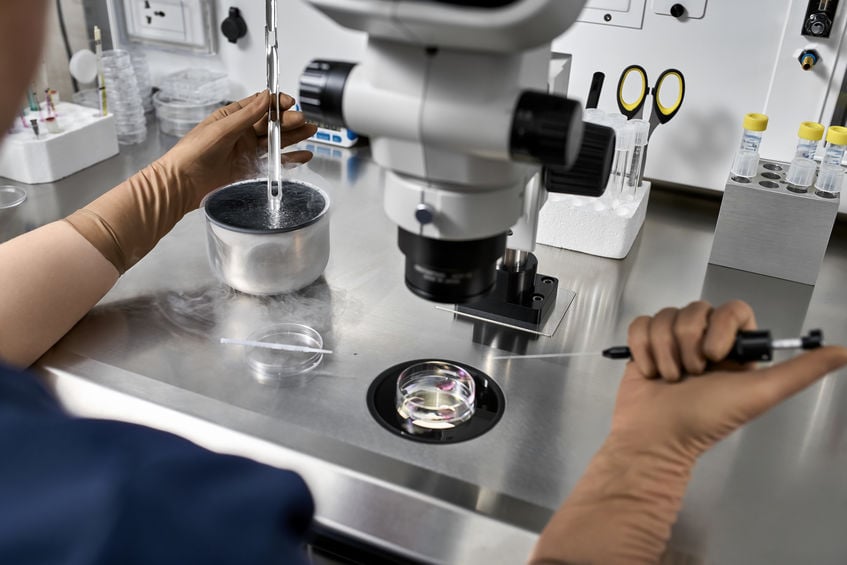Stressed Out During IVF
Getting pregnant is stressful. For women undergoing in vitro fertilization (IVF), stress can be even more amplified. In addition to difficulty conceiving, these patients may also be worried about the financial strain of treatments and fertility medication use. Although the research isn’t conclusive, managing mental health conditions and lowering stress during IVF may help with success rates.

The latest research
Research on the topic of mental health and fertility is growing. One recent study found that women experiencing higher levels of stress had lower conception rates. Stress can also have a negative effect on libido, meaning fewer chances for sperm and egg to meet. Depression has also been shown to increase as more time passes without successfully conceiving. Women undergoing IVF can quickly get stuck in a cycle of stress and depression that is challenging to break free of. Mental health should be well controlled to increase the chances of a successful pregnancy.
More than just infertility
Having to seek out fertility treatments to get pregnant can be stressful enough. However, the stakes are even higher for people going the IVF route. For many women, the financial burden of in vitro fertilization can substantially increase stress levels. The costs can add up quickly for women needing more than one round of IVF. Medication use can also affect a patient’s mental health during the IVF process. To ensure maximum chances of success, the woman’s cycle must be meticulously controlled using various stimulation drugs. Side effects from fertility medications are common, and resulting hormonal changes can increase depression and anxiety symptoms for some patients.
Treatment options are available
To ensure a stress-free process and increase chances of success, women undergoing IVF should focus on improving mental health. Natural ways to decrease stress include exercise, meditation, yoga, acupuncture, aromatherapy, and getting enough sleep. Some women may try out supplements like ashwagandha or S-adenosyl-L-methionine (SAMe). However, supplement use should always be discussed with a fertility specialist to ensure the herb won’t negatively affect the IVF process. Many women with more severe or ongoing depression and anxiety symptoms can benefit from medication use. Each mental health medication has risks and benefits, and the doctor can help determine the best choice, depending on the symptoms.
Focus on mental health
All patients undergoing IVF should be aware of mental health status. If depression or anxiety starts to interfere with everyday life or stress becomes unmanageable, help may be needed. Treatment varies, but different options are available depending on the level of concern. Staying physically and mentally healthy during pregnancy is essential, starting with lowering stress and addressing mental health concerns during conception.





